Biopsies of the prostate are performed to investigate a raised PSA, or a palpable abnormality in the prostate. Transperineal biopsy differs from transrectal prostate biopsy as it is done under general anaesthetic.
Advantages of Transperineal biopsy over the transrectal route:
It allows sampling of areas of the prostate that are difficult to access on transrectal biopsy.
It can target any suspicious area seen on MRI with a high degree of accuracy,
It effectively eliminates the risk of infection after prostate biopsy. This can be as high as 5% after transrectal biopsy, and can result in hospitalisation.
It is performed under general anaesthetic, and therefore is more comfortable than a transrectal approach.
When is a transperineal biopsy recommended?
Prostatic biopsy is performed to investigate a raised PSA or a palpable abnormality in the prostate. Transperineal biopsy differs from transrectal prostate biopsy as it is done under general anaesthetic.
Advantages over the transrectal route:
It allows sampling of areas of the prostate that are difficult to access on transrectal biopsy.
It effectively eliminates the risk of infection after prostate biopsy. This can be as high as 5% after transrectal biopsy, and can result in hospitalisation.
It is performed under general anaesthetic, and therefore is more comfortable than a transrectal approach.
The Procedure
The operation is carried out under general anaesthetic at Grace Hospital. You will be admitted on the morning of the surgery. It is important you have nothing to eat or drink for at least six hours prior to your operation. All blood thinners such as clopidogrel, and warfarin need to be stopped, usually 3 to 5 days prior to the operation. Under general anaesthetic, an ultrasound probe is placed in your rectum. We then take multiple samples of your prostate through the perineum (the skin between your anus and scrotum). We use a grid (a bit like Battleships!) to accurately sample all parts of your prostate. While this sounds uncomfortable, there is very little pain afterwards. During the procedure, a catheter is placed to help with the accuracy of the biopsy. As long as there is no blood in the urine at the end of the procedure, the catheter is removed. The procedure takes about 40 minutes.
After the Procedure
After surgery, you go to the recovery unit, and then to the day stay unit. Once you are eating and drinking, and have passed urine, you are able to go home.
Risks
Transperineal biopsy is a safe procedure, and the risks are low. They include:
Reduced urinary flow and bladder irritability. As we have taken multiple samples of your prostate, it can be swollen after the procedure and you may notice some reduction in your flow. Very occasionally you are unable to pass urine at all, and you would require a catheter. If your flow is particularly bad before the procedure, we may start you on some medication to help your flow.
Bruising or bleeding from the perineum. This is usually mild and can be associated with some tenderness.
Blood in the urine (haematuria). This is quite common, and usually nothing to worry about. If you start passing clots, please ring Bay Urology, or if it is after hours ring Grace Hospital. Blood can also be visible in the sperm. Again, this is not usually of any concern.
Blood in the sperm (haematospermia). This can last for several weeks, and look quite significant. It is usually nothing to worry about.
Return to Work
It is important that you take it easy for the next 24 - 48 hours. If you have a particularly heavy job, we would advise that you take it easy for 3 to 5 days.
Follow-up/Results
The biopsies usually takes two weeks to process. We will ring you as soon as we have the result. If cancer is found, then we will see you and talk about treatment options. If the biopsy is clear, we often will discharge you back to your GP. Alternatively, we provide a PSA monitoring service if that is what you prefer.




